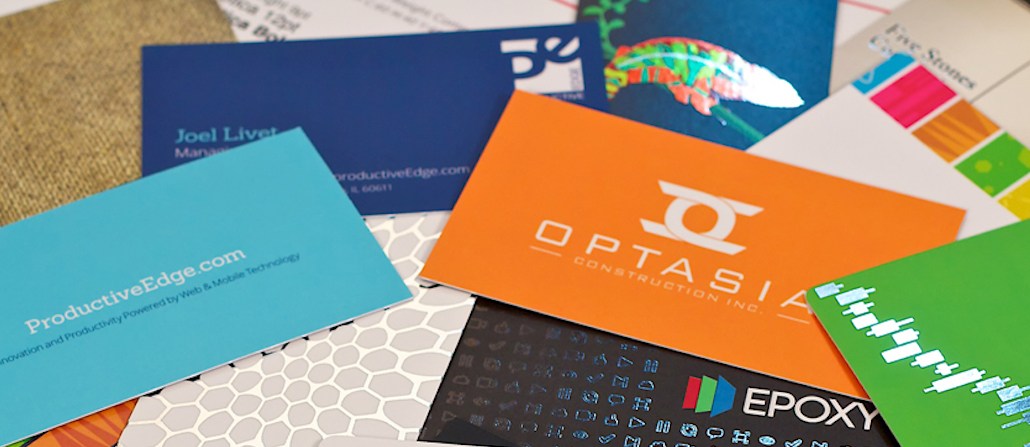Secure your place at the Digiday Publishing Summit in Vail, March 23-25

Agencies like making their business cards as creative as their pitch decks. But individual ad executives found that those rectangle cards — that specify their name, title, contact information (perhaps with a cool design) — have no place in their networking efforts.
Sung Chang, evp and chief creative officer for agency MRM//McCANN, has rarely used business cards since he joined the shop back in January; the same goes for the creative executives on his team. This is simply because everything is digital today — if people want to make a connection or an introduction, they can do it via LinkedIn, Twitter or Instagram.
“It’s a small step to begin the process in the age of LinkedIn,” said Chang, adding that certain agency roles (account) and folks who want to prove to their parents that they are actually working may still need business cards.”
Meanwhile, Yoshi Suzuki-Lambrecht, senior strategist for agency Mirum, said that none of the eight creative in his office give out their business cards often, while they do connect with other professionals on LinkedIn or Branded.me.
“I don’t think they conscientiously use it as a substitute for business cards though,” he said. “Business cards have just become obsolete, and LinkedIn has become more popular.”
And Vivian Ewalefo, vp of brand marketing for Ogilvy Public Relations, feels way more effective at her job when she’s able to make true personal connections with clients. But the card just cannot help tell her clients about her problem-solving abilities or communication skills.
“While you can personalize a business card to bring your brand to life, it’s missing the ability to organically make a two-way connection with another human,” said Ewalefo. “I prefer to drop their number in my cell, link up on Instagram and/or LinkedIn, and immediately start finding things and people we have in common in order to build a stronger connection.”
The cultural shift away from business cards aside, don’t expect agency business cards to disappear. Jon Banks, CEO for agency Pitch, for one, sees them as a necessary evil. He’s got backup. Many in the industry think that, though they don’t have much business value most of the time, they can represent the agency culture in some way.
Business cards can be as cheap as $9.99 for 500, but those with unique designs can go for as much as $48 for the same amount. It’s unclear how much agencies spend on business cards, but one executive said, “If you think about how much money is spent producing business cards and then the average number of cards given out by employees in our industry, it very much is an outdated form of communication.”
More in Marketing

Brands celebrate tariff reprieve, but fresh uncertainty looms
After the Supreme Court struck down Trump’s tariffs, brands welcomed the relief but say ongoing trade uncertainty and unanswered questions about refunds are keeping business decisions on hold.

The Rundown: Why YouTube has become key for brand GEO strategies
Brands hoping to improve their performance in zero-click search and LLM chatbot results are focusing on the video platform.

Can agencies fix the AI disconnect between the C-suite and marketing teams? Boathouse is trying to
As marketing teams struggle with a lack of strategy and tools according to research, Boston-based Boathouse has hired someone to fill that gap.





